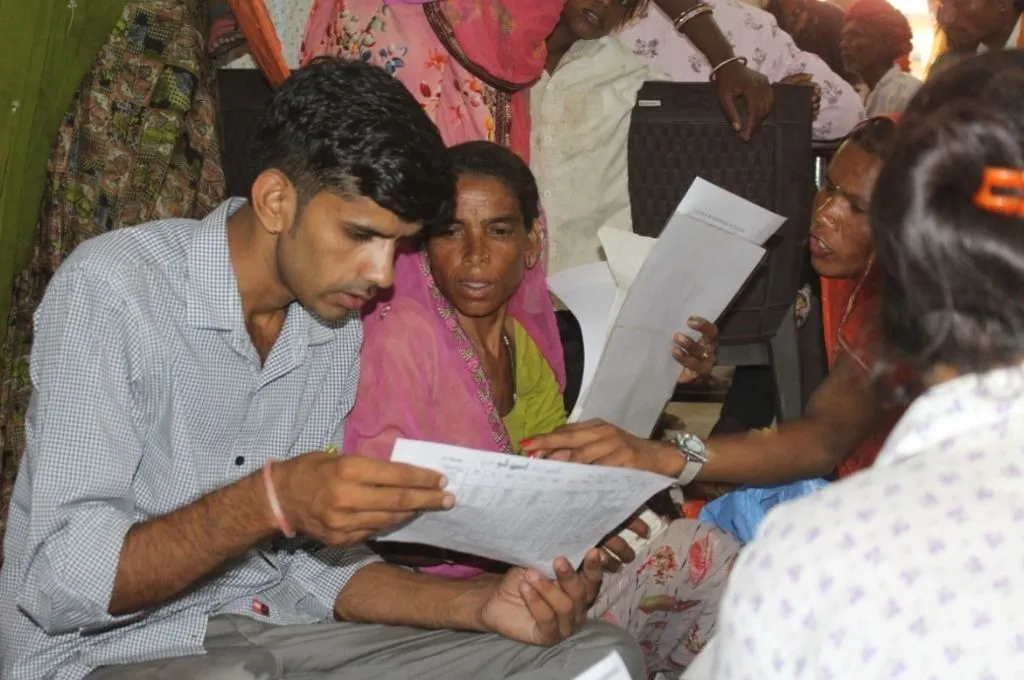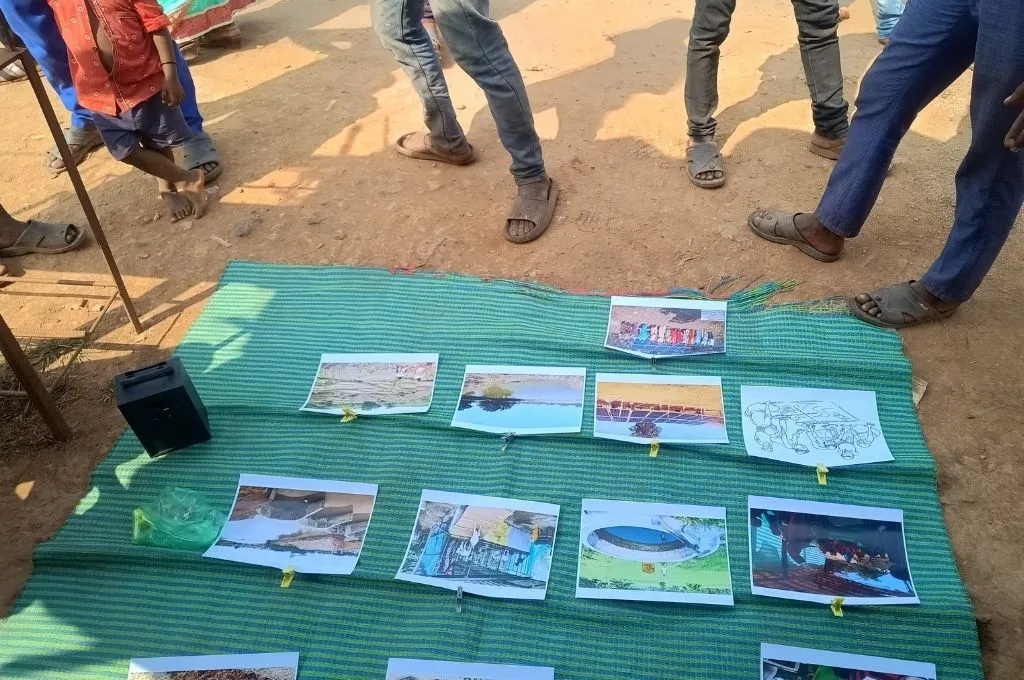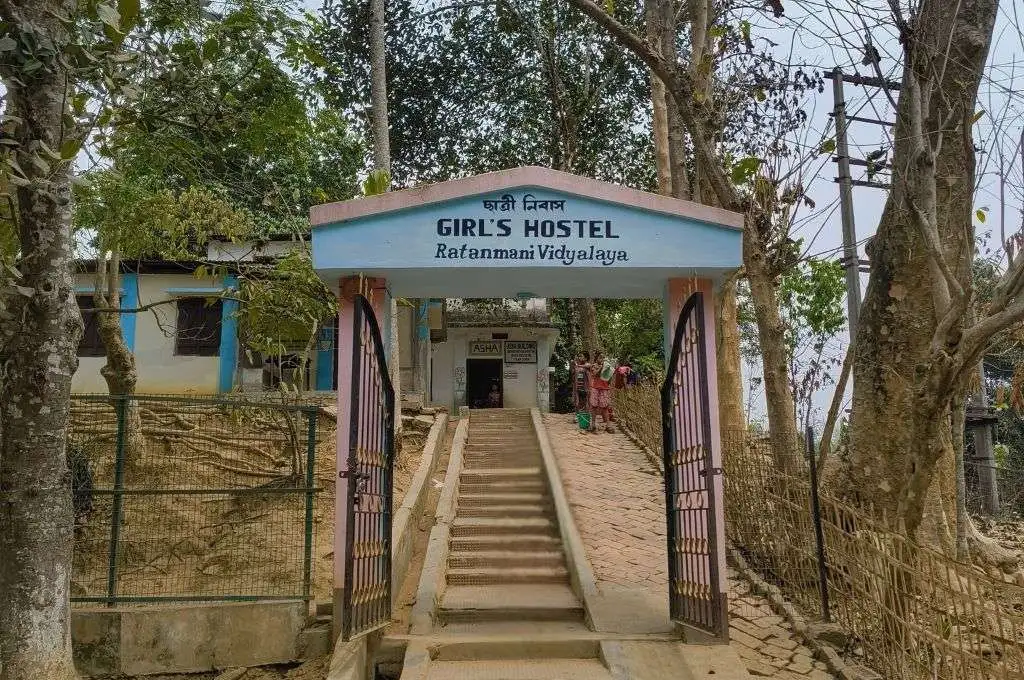READ THIS ARTICLE IN
Request stops in Hyderabad city buses make women’s travel safer
The Telangana State Road Transport Corporation (TSRTC) recently issued orders to all bus drivers and conductors to stop the bus anywhere on the request of women after 7.30 PM. This means that women in Hyderabad can board a bus and get down anywhere on the route, and not necessarily at bus stops only. The move was initiated for the safety of women, who often face sexual harassment on the streets, risk their personal safety, or have to depend on male family members to drop and pick them up from bus stops. The connection between the bus stop and individual homes—known as ‘last mile connectivity’—is a major urban transport problem. Like many other issues, it affects women disproportionately.
Laxmi, a resident of a basti in Hyderabad takes a bus to work at a factory in the outskirts of the city. The nearest bus stop to her home is 2.5 kilometres away. In the morning, she walks the distance alone. But in the evenings, she has to either ask her husband to pick her up, wait for other women from the basti so that they can walk as a group, or risk walking home alone. The walk back home takes Laxmi through narrow roads with no street lights, past a kallu dukanam (toddy shop) filled with drunk men, whose behaviour usually makes her uncomfortable. Young boys on motorbikes also try to touch her or grab her dupatta or pallu.
As a solution to this problem, Laxmi says, “If there was a bus stop closer to the basti, my walk would be considerably shorter and safer. The bus actually goes past my basti and then stops at the bus stop, requiring me to walk back through the gallis (small lanes).”
Laxmi’s story is indicative of the problems many women face while walking back home from bus stops. Request stops by the TSRTC are a critical way of making travel safer and more comfortable for women. These request stops are very common in rural bus transport, but Hyderabad is becoming a pioneer in making it a norm in urban bus transport as well. Women disproportionately depend on public transportation and lack of safety in accessing it prevents them from getting to places of education, work, and recreation.
Aila Bandagi is an urban researcher and activist.
—
Know more: Read more about how policies for women’s empowerment can be more impactful.
Do more: Connect with the author at aila@nevada.unr.edu to understand more about and support their work.



